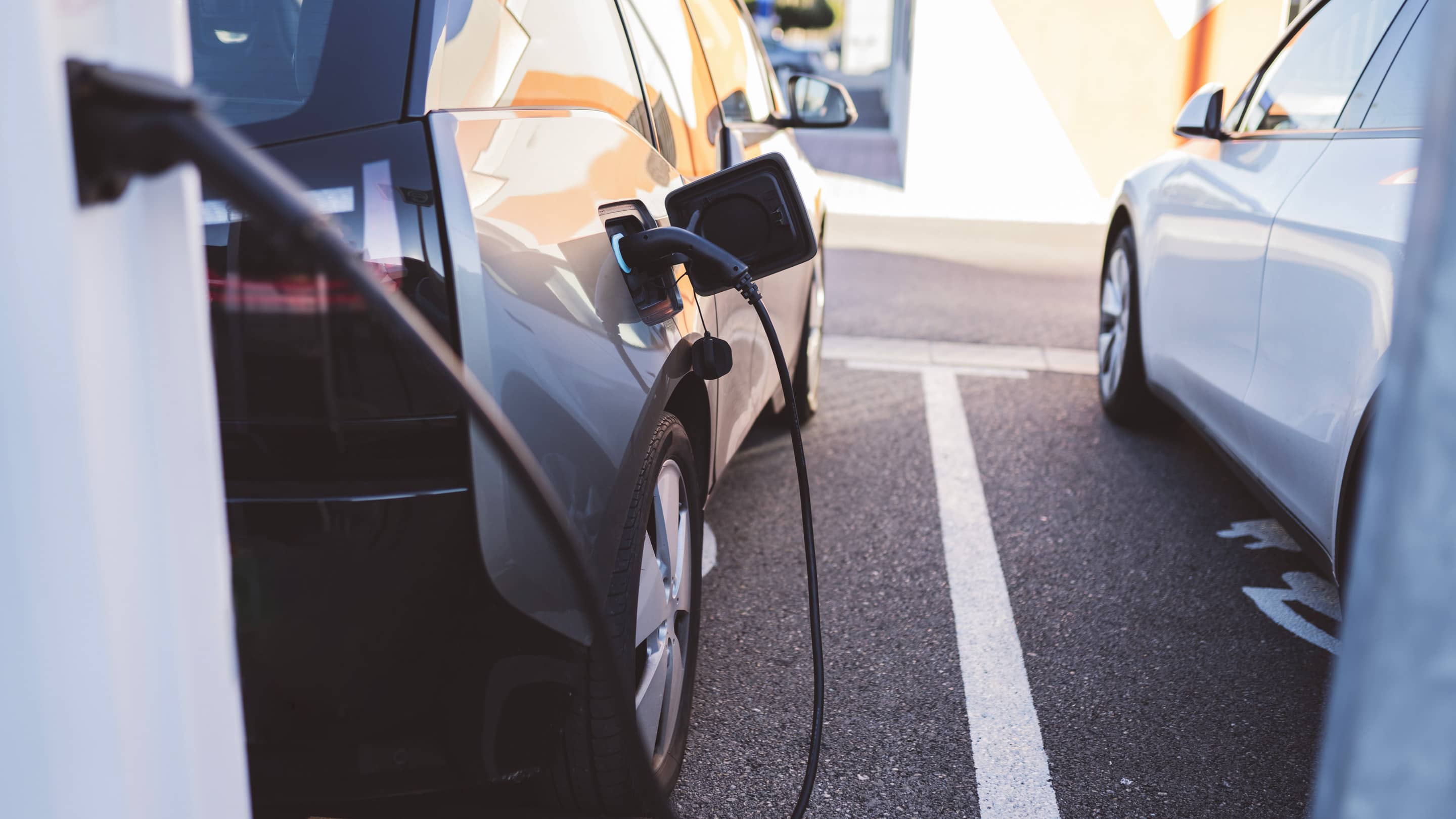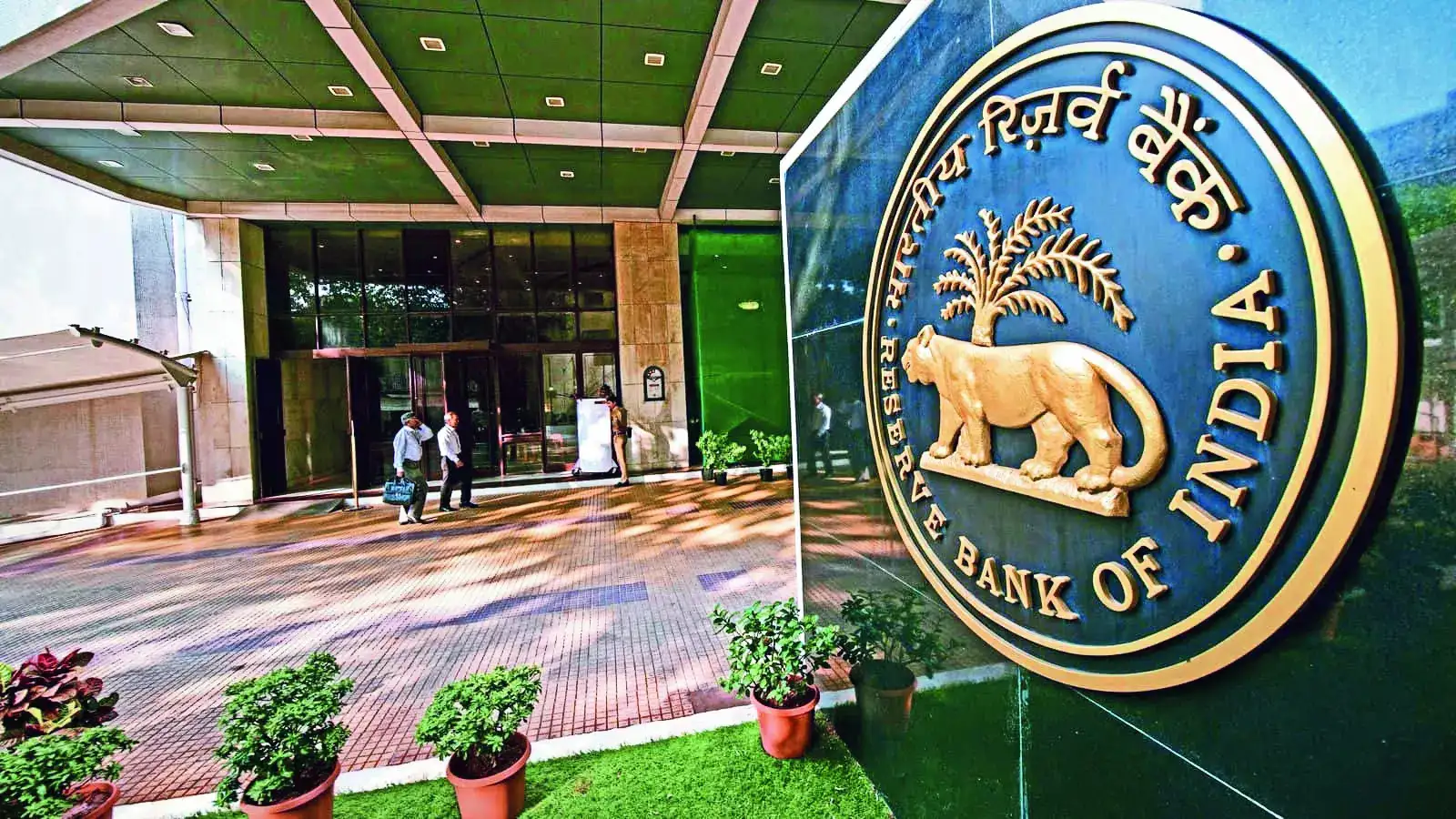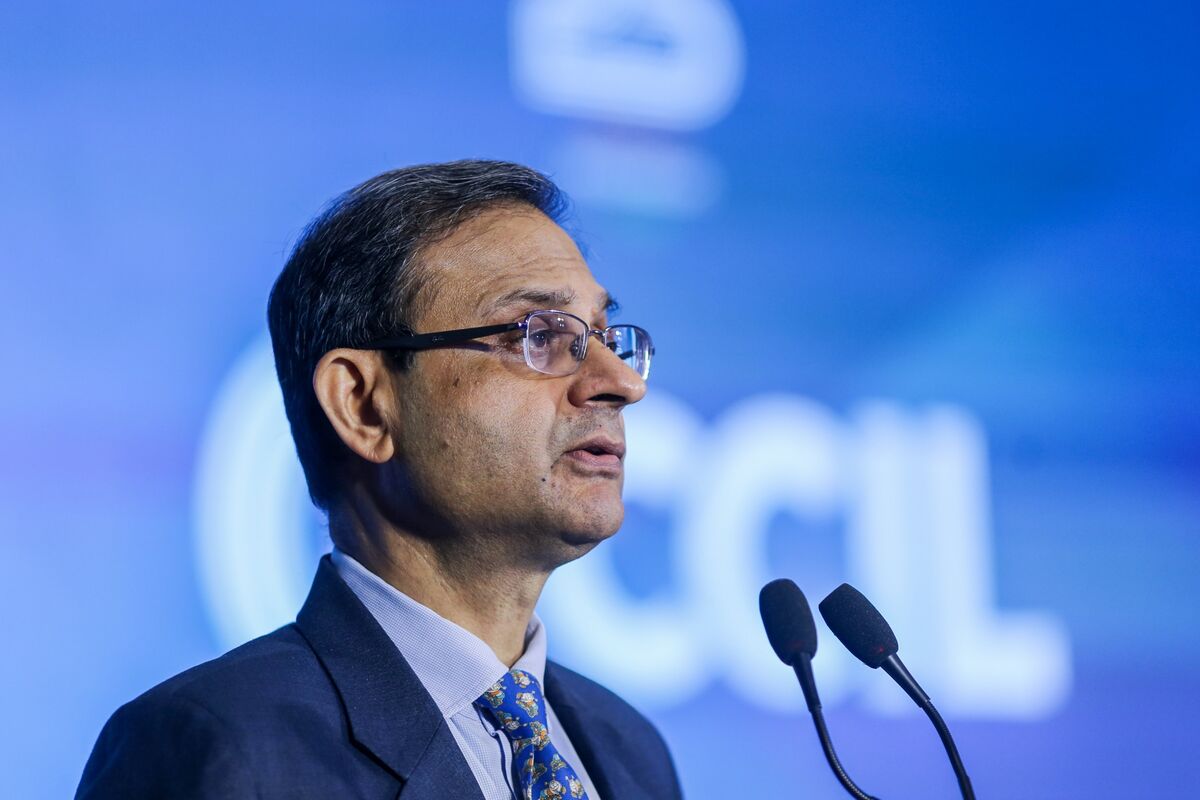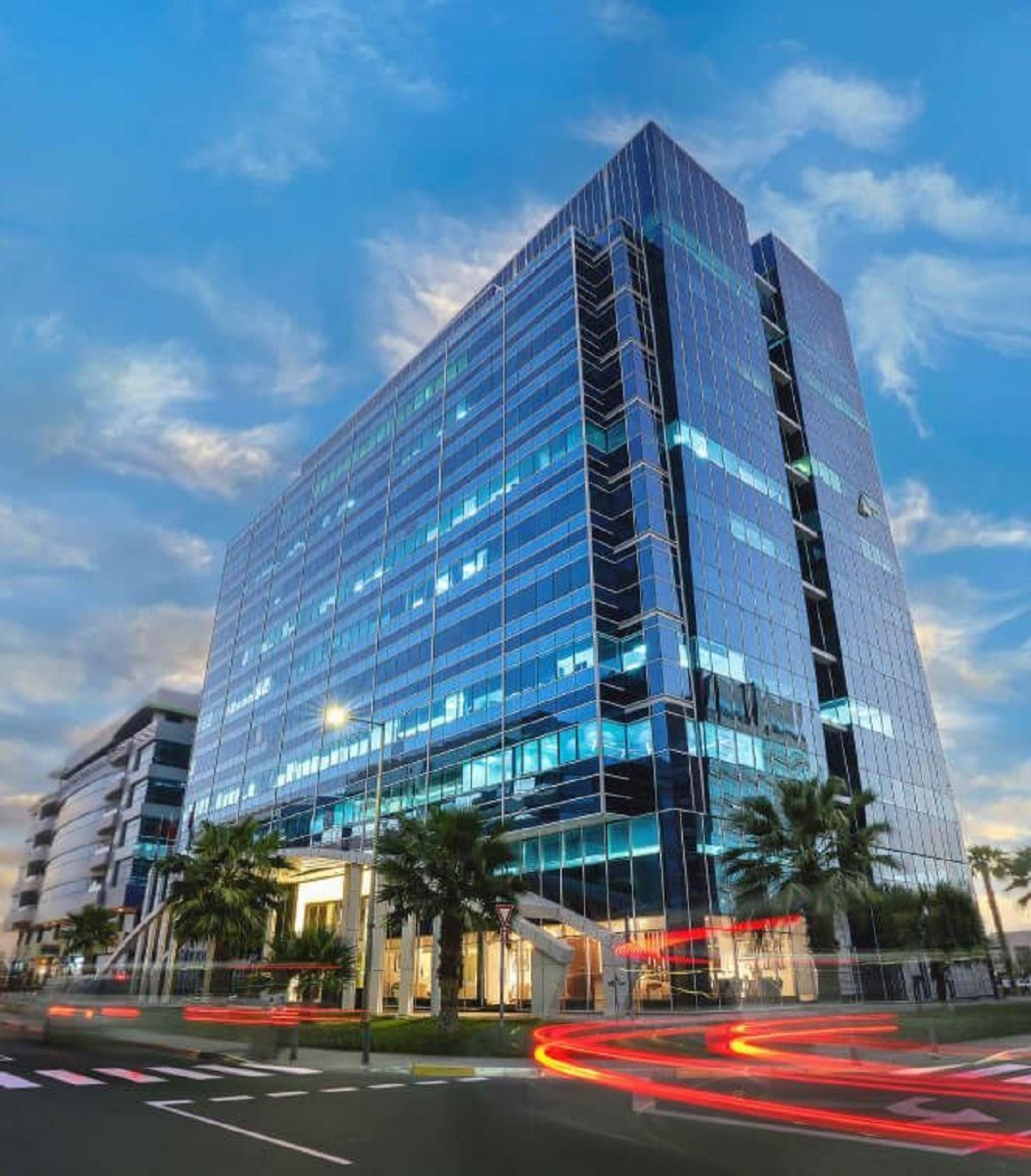Acquisitions & Mergers
Why the largest automakers in the world are reconsidering their


By Kajal Sharma - 14 Oct 2025 09:20 PM
The electric vehicle (EV) boom is slowing down globally. As governmental changes, costs, and consumer reluctance redefine the industry's future, major automakers are reducing their production and adopting hybrids after years of bold all-electric commitments.Although growth will be uneven, EVs will account for one in four worldwide auto sales this year, according to BloombergNEF's annual Electric Vehicle Outlook report. With more than half of all new automobiles sold in China being electric, the U.S. and Europe are facing declining demand and political unpredictability. In the meantime, reasonably priced EVs are driving historic growth in emerging economies like Vietnam and Thailand.Automakers are shifting their tactics to include hybrids and plug-in hybrids after previously promising entirely electric lines. A reconsideration is being compelled by declining sales, exorbitant battery prices, and inadequate infrastructure for charging.
1. A slower rate of consumer acceptance Mass-market consumers are still wary about EVs, despite early adopters' enthusiastic embrace. Enthusiasm has been tempered by range concern, expensive upfront costs, and uneven charging infrastructure, particularly in nations with weak charging networks or growing electricity bills.
2. Expensive batteries and a lack of materials The price of lithium, nickel, and cobalt—essential components of EV batteries—has fluctuated. Profit margins have been squeezed by this unpredictability, which has also reduced the financial appeal of EV production. Costs are still high when compared to internal combustion engine (ICE) and hybrid vehicles, even with the emergence of local battery plants.
3. Gaps in charging infrastructure The charging network is still sporadic outside of China and several regions of Europe. Long charging durations and a lack of fast-charging stations continue to deter consumers in the US and India. Automakers are concerned about generating EVs more quickly than the infrastructure can handle.
























